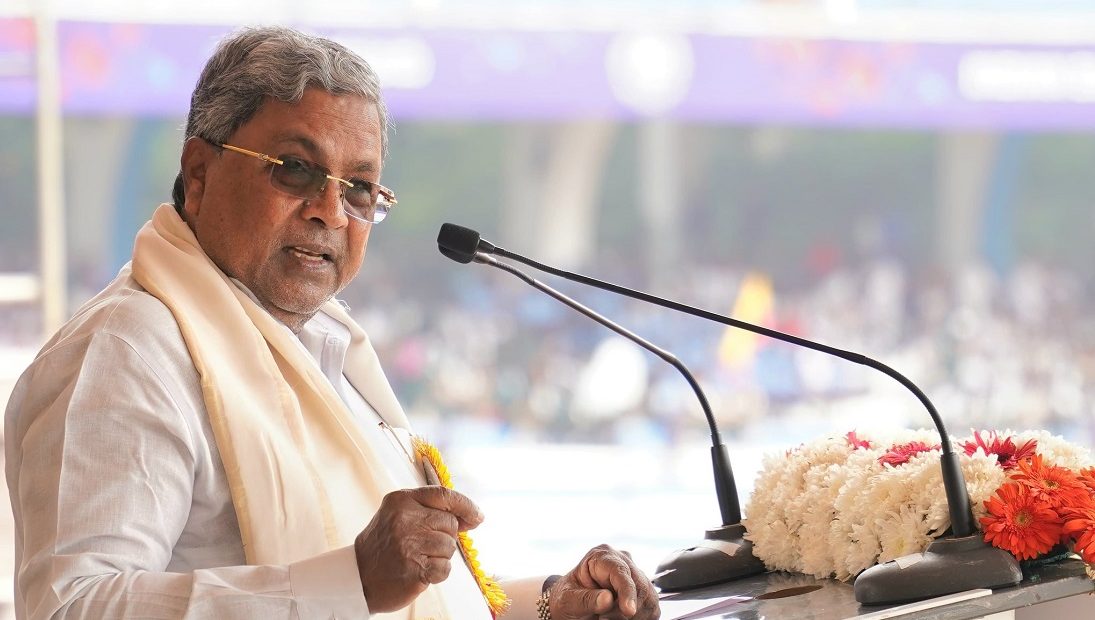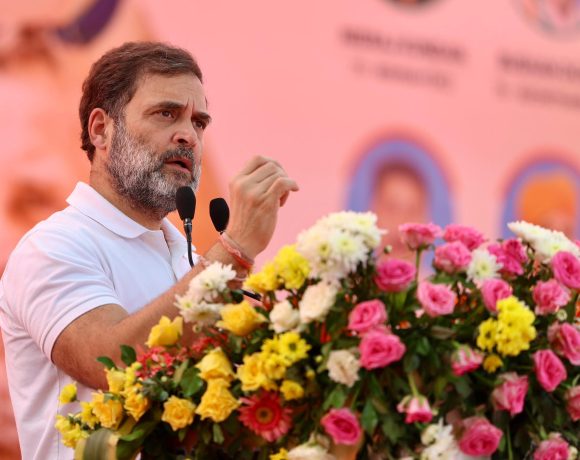
Karnataka Raises Minority Housing Quota From 10% To 15%
In a move that has stirred both political approval and backlash, the Karnataka cabinet has officially increased the housing reservation for minority communities under state housing schemes from 10% to 15%. The announcement was made following a cabinet meeting led by Chief Minister Siddaramaiah and is aimed at addressing growing housing demand among religious minority groups in the state.
This increase applies uniformly across all housing schemes implemented by the state’s Housing Department. The updated quota will benefit communities officially classified as minorities in India, including Muslims, Christians, Jains, Buddhists, Sikhs, and Parsis. The government clarified that there will be no sub-categorization within the 15%, allowing flexibility in allotment based on need and availability.
Housing Quota
Officials noted that the decision aligns Karnataka’s policy with the central government’s existing provision, which also allows for a 15% minority reservation in certain welfare schemes. It is part of a broader push to ensure inclusive development and reduce the backlog of unoccupied homes under state welfare housing.
Law Minister H.K. Patil stated that the decision does not require any change to existing legislation. The rationale, he added, lies in the socio-economic data pointing to the need for better housing access among minority populations. Deputy Chief Minister D.K. Shivakumar highlighted that the state has witnessed a high vacancy rate in government-constructed homes and that expanding the minority quota will address this underutilization.
Minority Welfare
This housing policy revision follows recent state efforts to widen access to government resources for minority communities. One such move included the allocation of a 4% quota for Muslims in public works contracts—a decision that also prompted considerable political discussion.
Political Debate
The increase in the housing quota has not gone unchallenged. Prominent opposition leaders have criticized the move, alleging that it violates constitutional principles against religion-based reservations. A number of political leaders have claimed that such decisions may disadvantage Scheduled Castes, Scheduled Tribes, and Other Backward Classes by skewing welfare distribution for electoral benefit.
Despite the pushback, the Karnataka government has stood by its decision, stating that the policy is rooted in data-backed assessments and serves the broader agenda of housing equity and social justice.


















